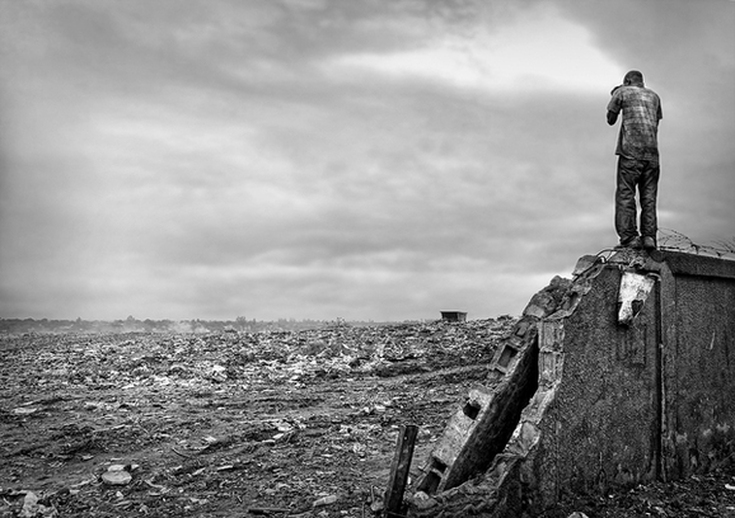Taking this wide discrepancy between poor and wealthy students and majority-minority students into consideration, do you think affirmative action policies should be implemented within universities to help regulate this great discrepancy? Why or why not? Are there any alternative options?
When responding to this question, please support your answer with concrete evidence or references. Please also take into account the controversy over racial classification, affirmative action, and discrimination with regard to Brazilian universities. It is important to also remember to utilize sociological imagination when considering how various contexts (i.e., historical, cultural, socioeconomic, religious, etc.) might influence, reinforce, perpetuate, or challenge such inequalities.
***Your response (blog post) to this blog above is required by Tuesday, November 1, 2011 at 11:59 p.m.***

 RSS Feed
RSS Feed